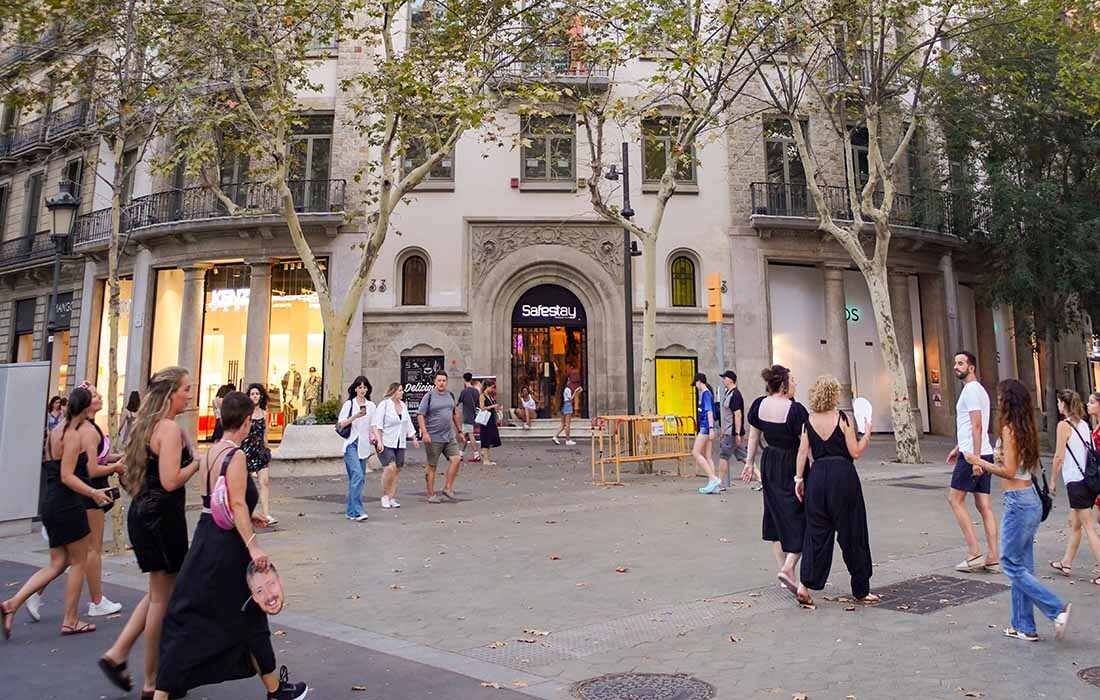How to tap into new customers through social media
Social media can open your restaurant, pub or bar to millions of views, but your reputation is best handled with care, says Humna Nadim
We all know that the market for food and drink is ruthless when it comes to survival. Operators are under greater pressure than ever to protect their business and strengthen its position. The bottom line is, they need to get more customers through their doors, which can mean looking for a new demographic. And our research found that nearly half (48%) of operators are considering using social media to tap into their next customer base.
Social media holds great appeal but it also has its pitfalls. But if you know how to navigate them, you can make the most of this free opportunity to reach millions of people.
Dealing with negative comments on social media
All social media platforms use algorithms to push content to users that have shown interest in similar posts. But that can mean some content will be put before users who haven’t been enamoured by their experience. And some of those customers will use social media platforms to voice their complaints.
If comments are sent via direct message, they’re hidden from public view, but some negative comments or reviews are left for the public to see. If the customer has had a genuinely bad experience, the restaurant or bar owner can send a direct message to help resolve the matter. But if the customer is making damaging comments, what can the owner do?
There are a couple of options. If the owner can verify that a comment is untrue and has led to serious harm to the business, such as a significant financial loss, there could be a defamation case to pursue. In this situation, the owner could send a cease and desist letter, requesting that malicious comments are deleted and similar ones aren’t posted in the future. A lot of the time though, it’s difficult or impossible to find out the identity of the person who left the comment. When this happens, the business owner can notify the platform and ask to have untrue comments removed.
Deal with competitors across platforms
Content that goes to potential customers also goes to competitors. Some businesses have found that competitors share their posts and disparage the goods or services being offered. If those comments are malicious, they may not only be defamatory – they could be classed as a malicious falsehood if the poster intended to cause harm. In this scenario, the restaurant and bar should seek to have the content removed and consider sending a cease and desist letter.
Influencers – are they worth it?
Influencers have tens of thousands of followers and businesses partner with them to reach this audience. Businesses pay influencers to experience the bar or restaurant and then post about it positively and it’s now a completely normal way to gain promotion.
The Advertising Standards Agency (ASA) states that the influencer has to be transparent that they received an incentive. Standard practice is to use words like #Ad, #Advert or #PaidAd on a post. If these tags aren’t included, the business and influencer could be listed as non-compliant on the ASA website and this kind of negative coverage can be damaging.
Social media dos and don’ts
Before responding to comments, speak to staff or check CCTV footage to investigate whether or not they are true. If you want to respond to comments, try to message the customer privately and avoid making comments that could be damaging if they were published.
Consider getting professional advice from a solicitor or PR agency, but if the problem continues, some platforms allow you to restrict comments and the way posts are shared.
Before using an influencer, check the ASA website to make sure they haven’t appeared on the non-compliant list and get advice on a formal agreement.
Humna Nadim is a senior associate at TLT






















